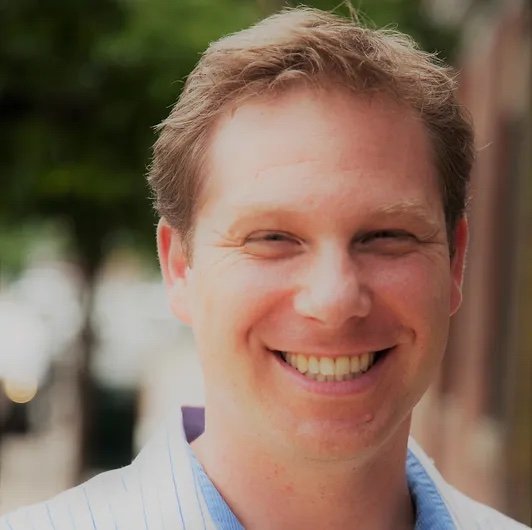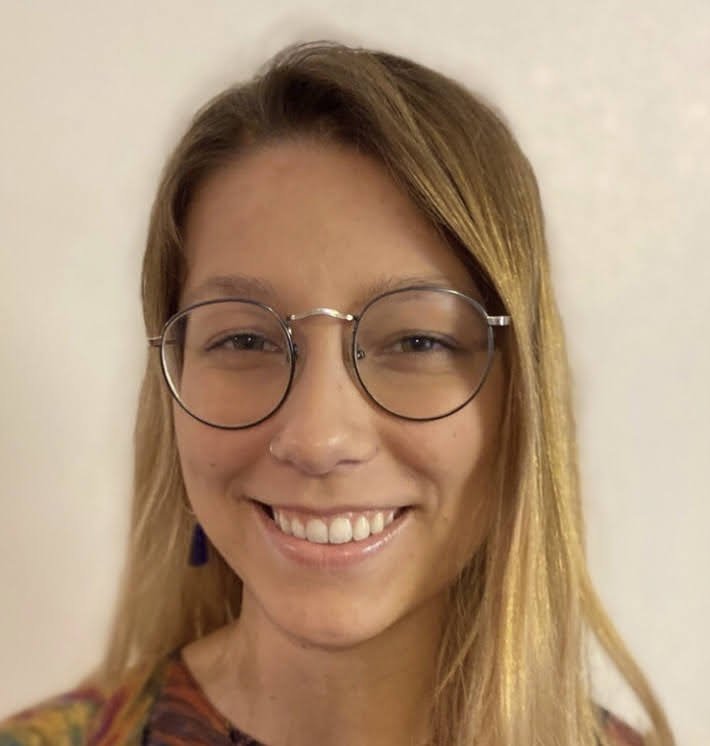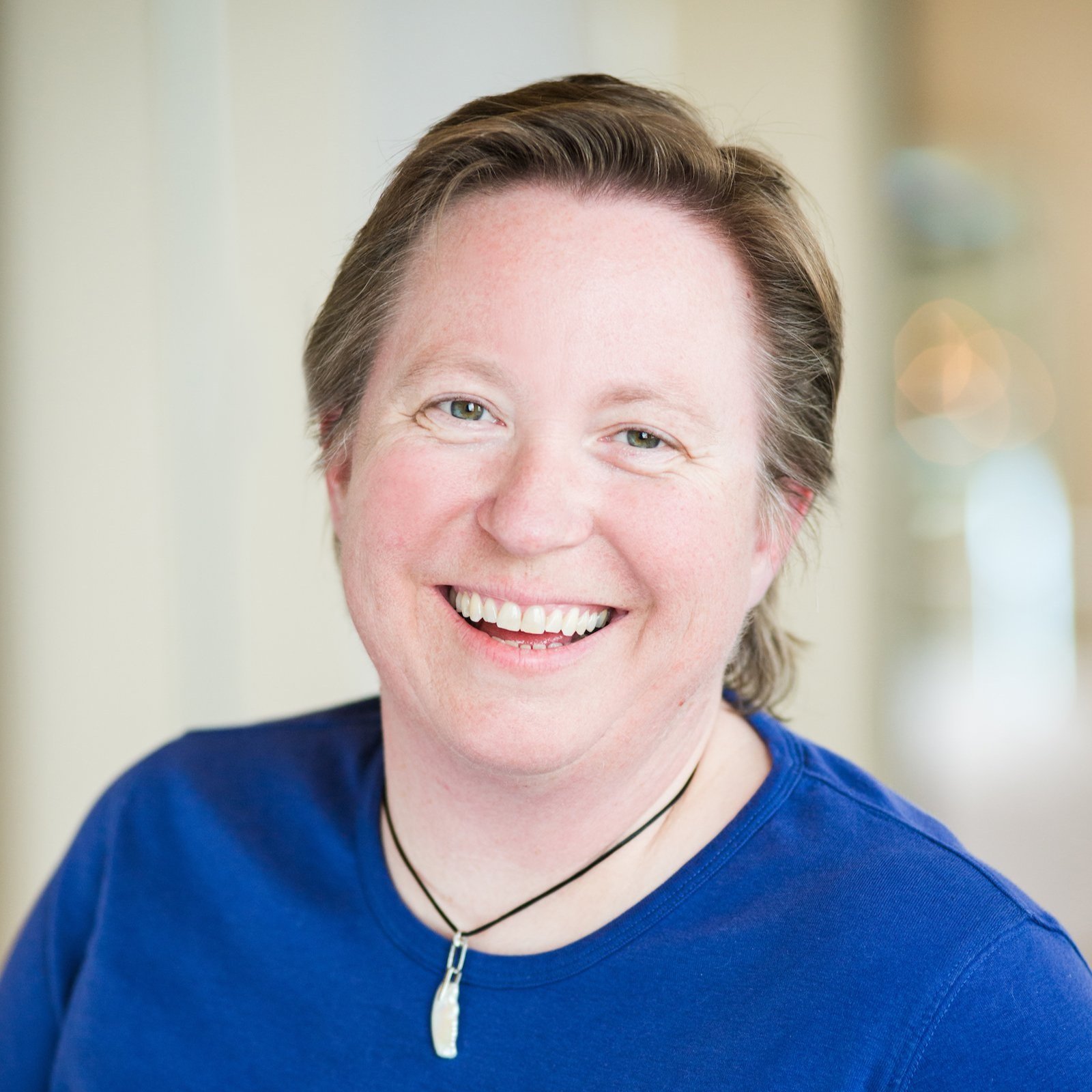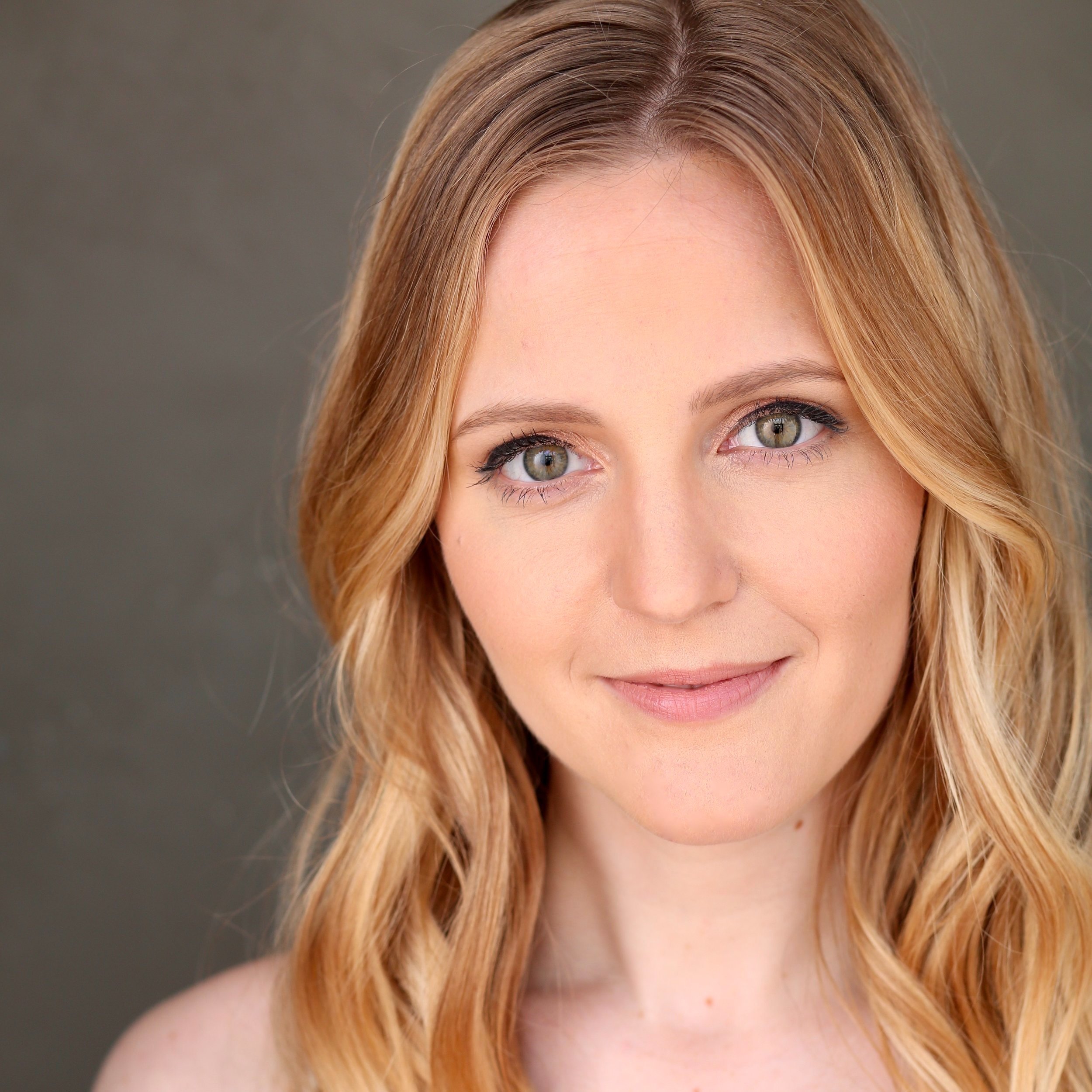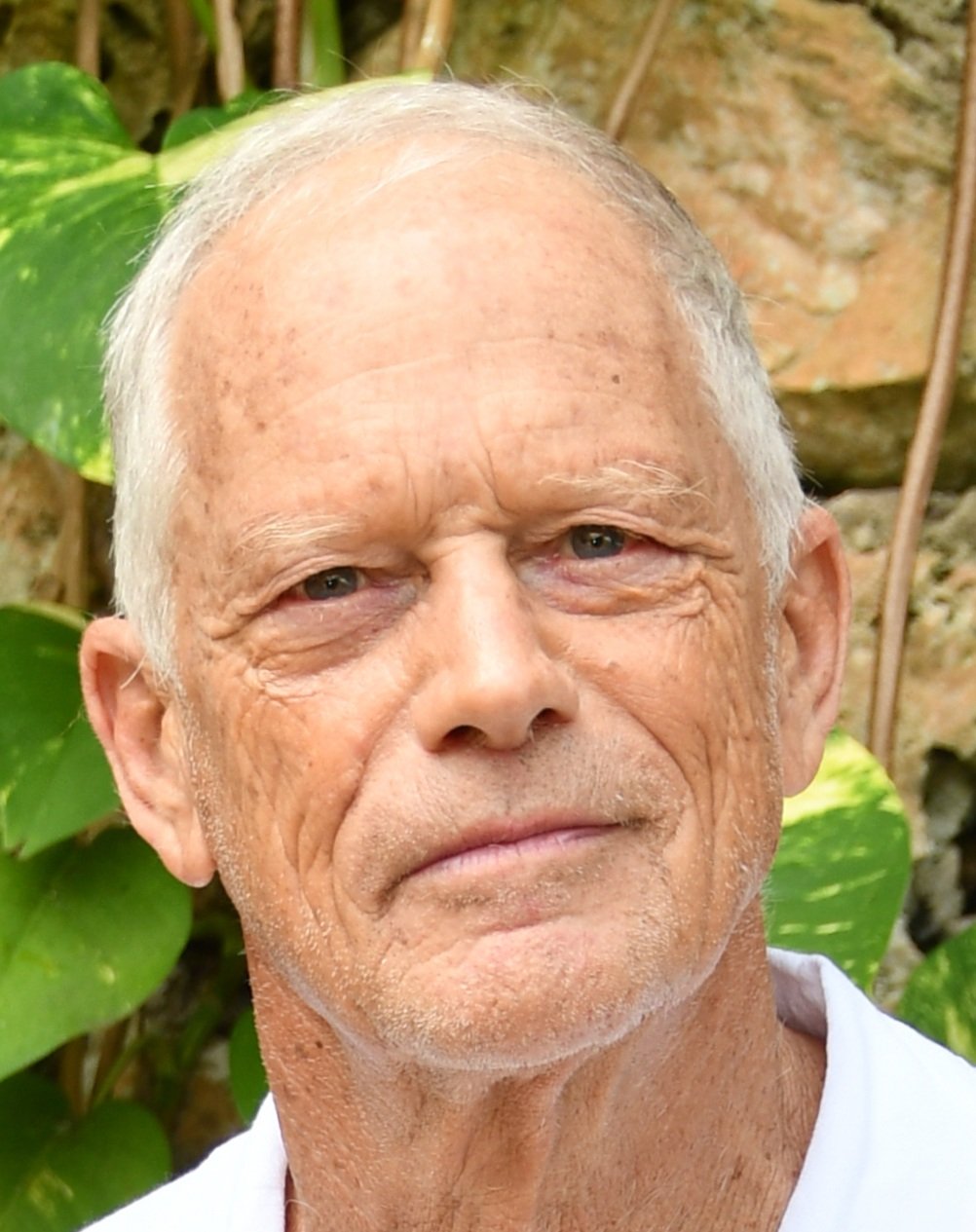2024 President’s Letter
“No problem can be solved from the same level of consciousness that created it.” -Albert Einstein
Atlantic Coast. January 4, 2024. Photo by Mark Gerzon
Is it dawn or dusk? The beginning of a new day, of possibility and innovation in America, or the dying of the light as a new era of endarkenment begins?
It is challenging to tell. But there is one certainty: it is a red flag day.
We are in danger.
At Mediators, we have been listening to the warnings. After an in-depth strategic visioning process in 2023, we have committed ourselves to stepping out of our comfort zone and working with colleagues to ensure that tomorrow’s dawn is more likely to be bright. We are now involved, either as initiators or supporters in more than a dozen initiatives based on this collective impact strategy. As personified by the visionary leaders mentioned below personify, the bridging field is in a renaissance of collaboration. We feel grateful to be surrounded by such dedicated change-agents.
The United States, like the world itself, is at a crossroads. If we fail to learn to work together to face the polycrisis — social, environmental, political, economic, and psychological — we will be overwhelmed by confusion, chaos, and ultimately violence. However, to the degree that we can constructively face these unprecedented interlocking challenges, we can not only survive but have a better chance to flourish. This is why our team at Mediators Foundation is making a concerted, strategic effort to safeguard our democracy in 2024.
As America’s premier incubator of social action projects that bridge divides, 2024 will see our continued effort to diligently and effectively incubate our current projects doing on-the-ground work:
In politics - Civic Health Project
In news media - The Narratives Project
In film and video: Bridge Entertainment Lab
In philanthropy - Philanthropy Bridging Divides
In communities - Active Peace
In entertainment - Bridge Entertainment Labs
In schools - All Sides for Schools
In small groups - Living Room Conversations
In global peace-building - Side3
In addition, and with the necessary support, we will also devote ourselves this year to helping others in the field build stronger coalitions and work together more effectively. By supporting and partnering with project directors inside and outside Mediators Foundation, we can build true collective impact in 2024. But to achieve this, we need to follow Einstein’s advice and make a shift-in-level, as Einstein advised, to a more synergistic, field-building strategy.
This shift is not a bold new project that will “fix” democracy. Indeed, no single project can save our democracy. This is why we are building a diverse, multi-generational team that can identify and explore pivotal opportunities for collaborative impact. While we will continue our decades-long Mediators 1.0 mission of incubating projects that bridge divides, we believe the current “red flag” moment asks more of us. Our Mediators 2.0 mission is to be a catalyst for healthy democracy by maximizing the effectiveness of our network of projects.
Here is one example that our colleagues Joan Blades and Becca Kearl are implementing with Mediators Foundation:
Demagogues can only exploit fears of election fraud if trust in elections is low. This year Trust in Elections is a call to action that resonates. Bridging organizations are a superb starting place for enabling this work. Living Room Conversations, Mormon Women for Ethical Government, Civic Genius and Younify collaborated last year working with the Abortion Talks documentary. It was a highly complementary and successful partnership. This year they are focusing their collective efforts on trust in elections along with other bridging and democracy loving organizations. Starting local and then enabling national conversation through MisMatch, this is an initiative that, with the necessary financial support, has the potential to scale massively in 2024.
Because this kind of collaborative impact is needed at the state, we are prioritizing another initiative that would also have potential impact in 2024.
While the national political drama transfixes the media, it is at the state level where elections are being conducted, legislatures are conducting business, and citizens conduct their lives. Under the leadership of Walt Roberts and Caleb Christen and their Inter-Movement Impact Project, we are forming a collective impact network to create a model of how these state-level coalitions might operate. Our Mediators Foundation Jacob Bornstein of Wellstone Strategies is initiating a pilot project in Colorado to showcase how one state can implement this approach. Building on Walt, Caleb and Jacob’s previous work in the state and his relationships of trust built with both the private and public sectors, we are exploring: How might state and local coalitions be supported to create and promote their own version of a cross-partisan roadmap for healthy democracy? How can a Colorado-based effort inspire other states to develop their own roadmap and a strategy for implementing it?
To keep this letter brief, I can’t share all of the potential collaborative impact projects in development. But I want to mention one more that has the potential to embed a very positive message in this year’s election chaos.
More than a dozen governors from both parties, led by current National Governors Association chair Spencer Cox (R-Utah) and incoming chair Jared Polis (D-Colorado), have launched a nationwide media campaign called Disagree Better, designed to promote cross-partisan civility and collaboration. Under the leadership of our colleagues Pearce Godwin, Kristin Hansen, the Bridging Movement Alignment Council have formed a coalition of 100+ organizations to expand the Disagree Better campaign in 2024. Together we are exploring: How might a significant number of on-the-ground organizations partner with this governor-led movement to empower everyday Americans to disagree better in culturally relevant, compelling ways?
We are working diligently with a wide range of allies on another dozen initiatives with potential impact in 2024. I strongly encourage you to see our other collaborative impact initiatives in the Overview linked here, which is also included at the bottom of this letter.
If you wish to get involved in any aspect of our work, here are three ways:
Advisers. While we have extensive expertise regarding these initiatives, Mediators 2.0 needs wise counsel from others who have diverse perspectives and widely varying experience. We welcome the sound advice of allies who share our objectives on not only these specific questions, but on the entire strategic vision itself. Please let us know if you have insights that you believe are pivotal in ensuring the success of these initiatives.
Partners. In every aspect of our strategic vision, partnering organizations and individuals are vital. We welcome you into this synergistic, field-building strategy in which both our own projects and other allied organizations are participating. Just ask us how you or your organization might get involved.
Funders. After almost forty years of serving the field, both as initiator and incubator of cutting-edge projects, Mediators 1.0 is now a self-sustaining, revenue-based organization. The Mediators 2.0 mission described above, however, requires additional financial resources so that we can catalyze collective impact in 2024. We welcome your project-specific and/or unrestricted support for Mediators Foundation to expand its coalition-building efforts. Because of the profound synergy that exists between these interwoven initiatives, support for any one of them will enhance the efficacy of all of them.
Please contact us, tell us what initiative you are interested in advising, partnering, and/or supporting and we will connect you with the project director who is leading the initiative. And if you want to support our overall, field-building mission, you can reach me at mark@mediatorsfoundation.org.
Precisely because it is a “red flag” day, it is an invigorating opportunity to be of service. Thank you for being part of this work in whatever ways you find meaningful. Our team looks forward to hearing from you. In the approaching storm, we cannot know or control the outcome. But we can decide not to venture alone, but to go together.
Yours in gratitude and collaboration,
Mark Gerzon
Founder and President Mediators Foundation
OVERVIEW
2024 COLLABORATIVE IMPACT INITIATIVES
What follows is a partial list of other initiatives that are underway:
If “building trust” is the antidote to poisonous partisanship, then it is vitally important to have the deepest understanding and optimal skillset for doing so. Guided by our colleague Leander Lacy in Minneapolis, we have formed a collaborative of veteran practitioners who sharing their best practices of trust-building. We are asking: Facing declining trust levels in almost every sector of our society, how can our collective cross-sector knowledge enable the healthy democracy movement to become more trustworthy and therefore increase our impact?
A parallel inquiry is taking place under the leadership of Julia Menard of the On Conflict Leadership Institute in Victoria, BC, who has assembled veteran mediators from the UK, Canada and the US. Having witnessed both the simultaneous growth of our field and the intensifying conflict around us, we are exploring: How might what we have learned be applied today to deal with conflict more collaboratively and creatively?
The steady, almost daily drumbeat of gunfire from mass shootings is permeating our civic life today. How might our desire to protect our children and youth by making our communities safer from gun violence, motivate us to cross partisan lines and work together locally? Working with Cities United, Youth Action Project, and the Trailhead Institute, Jacob Bornstein is leading an effort to answer this key question: Can a focus on a wedge issue like firearm death and injury demonstrate that citizens prioritize saving lives over partisanship?
Amid all the current toxic, election-year political grandstanding, civic organizations like the Council of State Governments are convening trainings for state legislators on how to work together effectively across partisan lines. How might a team of media-oriented allies magnify this kind of state-level collaboration so that it affects other legislative bodies around the country?
Our 30-year history in the media, particularly film and television, has led us to be connected to many innovative, cutting-edge media initiatives. Many of them are Mediators Foundation projects (including Bridge Entertainment Labs and Transformational Media Fund) as well as other story-gathering, story-telling, and story-analysis initiatives (including The Narrative Project, American Future, Civic Synergy, etc.). We are networking among these and other kindred to ask: How might we magnify the bridging, healthy democracy message so that it reaches a far wider audience at this critical crossroads for American democracy?
Despite the proliferation of TV channels and diverse programming, there is still not a single mainstream media production that highlights the drama of deliberative democracy. Working with Roshan Bliss, we are forming a team to explore: How might a reality TV show be developed that captures the power of citizen engagement and inspires communities to use innovative methods for local problem-solving?
According to research by Carolyn Lukensmeyer, Matt Leighninger and their colleagues, there are over 10,000 organizations, and literally millions of Americans, who are working to strengthen our democracy. But many still feel isolated and overwhelmed because they are focusing on different aspects of the polycrisis and do not feel connected to an overarching “movement.” People trying to protect rainforests, for example, don’t feel part of the same movement as those who are defending workers’ rights. Working with Julie Bergman, we are engaged in the question: How might a strategy to “connect the dots,” the environmental and labor movements for example, build a stronger shared identity among those who may not appear to but, in fact, have much in common? And how might that coalition increase civic engagement, particularly among the young?
Many artists of various kinds — musicians, actors, filmmakers, museum curators, playwrights, and other writers — are working on projects that address the current “red flags” that threaten our future. In partnership with colleagues on the East Coast, we are exploring: How might resources be harnessed that would catalyze bridge-building, artistic work in communities across the country and enhance their impact, both locally and nationally?
Under the leadership of executive director Kara Jarzynski, the Resolutionaries project is building a cross-partisan coalition to ensure that the Building Civic Bridges Act, a piece of legislation pending in Congress, becomes a reality. Through live events and a broad range of media outlets, they are working to expand and energize public awareness of bridging and pro-democracy organizations, and the proven efficacy of this work in communities.
Looking to the future, the quality of the relationship between China and the USA will clearly be pivotal to peace, prosperity, and sustainability. In collaboration with Junlong Wang at USC, we are exploring: How might Chinese and American college students begin to raise their global intelligence together so that their generation can collaborate more effectively in the future?


